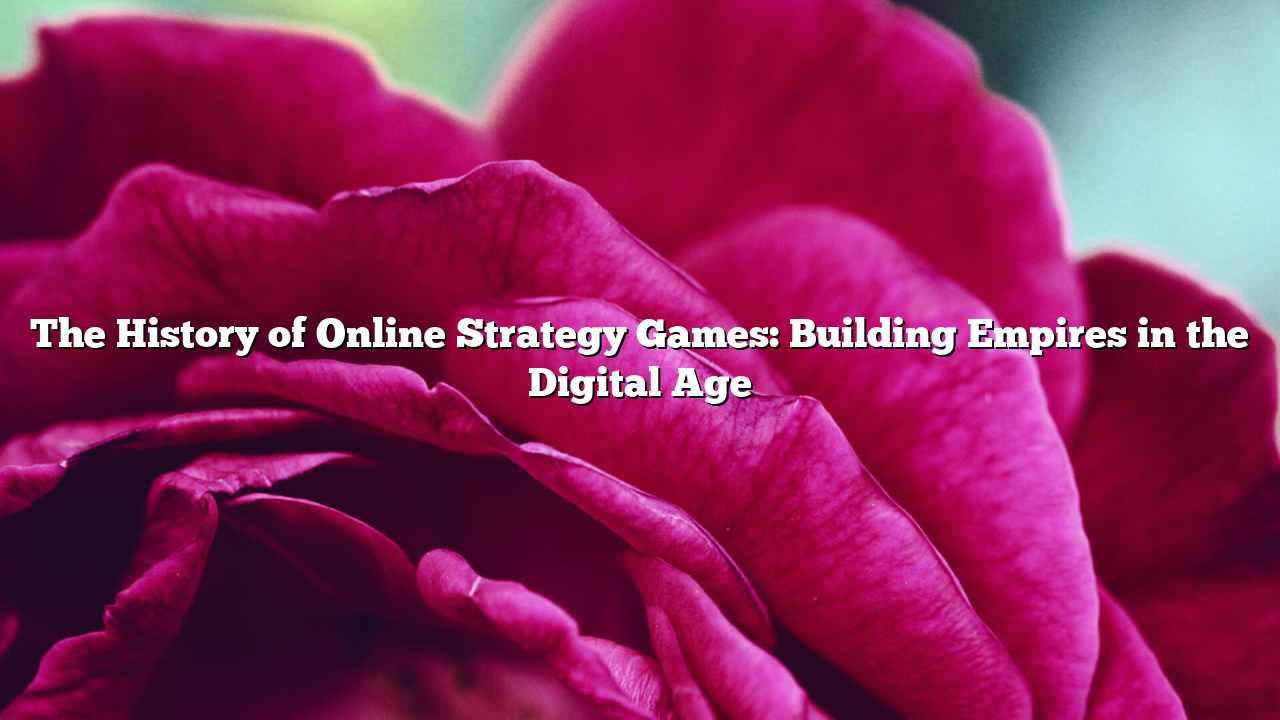Strategy games have long been a cornerstone of PC gaming, but the transition to online multiplayer expanded their scope dramatically. Early strategy https://mahjong288rtp.org/pragmatic/ titles in the 1980s and early 1990s were primarily single-player experiences, but games like “Herzog Zwei” and “Dune II” influenced the development of real-time strategy (RTS). The idea of battling opponents in real time, however, was limited by networking technology.
This changed with “Warcraft II” (1995) and “Command & Conquer” (1995), which introduced online multiplayer through dial-up connections. Although lag was common, these games proved that RTS gameplay was compatible with online competition. Players could test their strategic skills against human opponents instead of predictable AI, marking a new era for the genre.
The late 1990s brought refinement with “StarCraft” (1998), a milestone in online strategy gaming. Blizzard’s Battle.net platform allowed seamless matchmaking, ranking, and persistent online identities. Players from around the world competed in intense strategic battles, making StarCraft a global esports pioneer—especially in South Korea, where it became a cultural phenomenon.
Turn-based strategy also expanded into online realms. Games like “Heroes of Might and Magic III” introduced online multiplayer modes that emphasized careful planning and diplomacy. Later, the “Civilization” franchise incorporated online play, allowing long-form strategic campaigns with friends or strangers across the globe.
The 2000s introduced massive online strategy experiences. “Travian,” “OGame,” and “Ikariam” showed that web-based strategy games could attract millions. Meanwhile, MOBAs—derived from strategy fundamentals—emerged through “Defense of the Ancients” (DotA) and evolved into giants like “League of Legends” and “Dota 2.”
Modern online strategy games include large-scale warfare titles such as “Total War: Warhammer,” persistent online worlds like “EVE Online,” and multiplayer-focused RTS revivals. From small skirmishes to galaxy-spanning conflicts, online strategy games continue to challenge players’ intellect and creativity.
